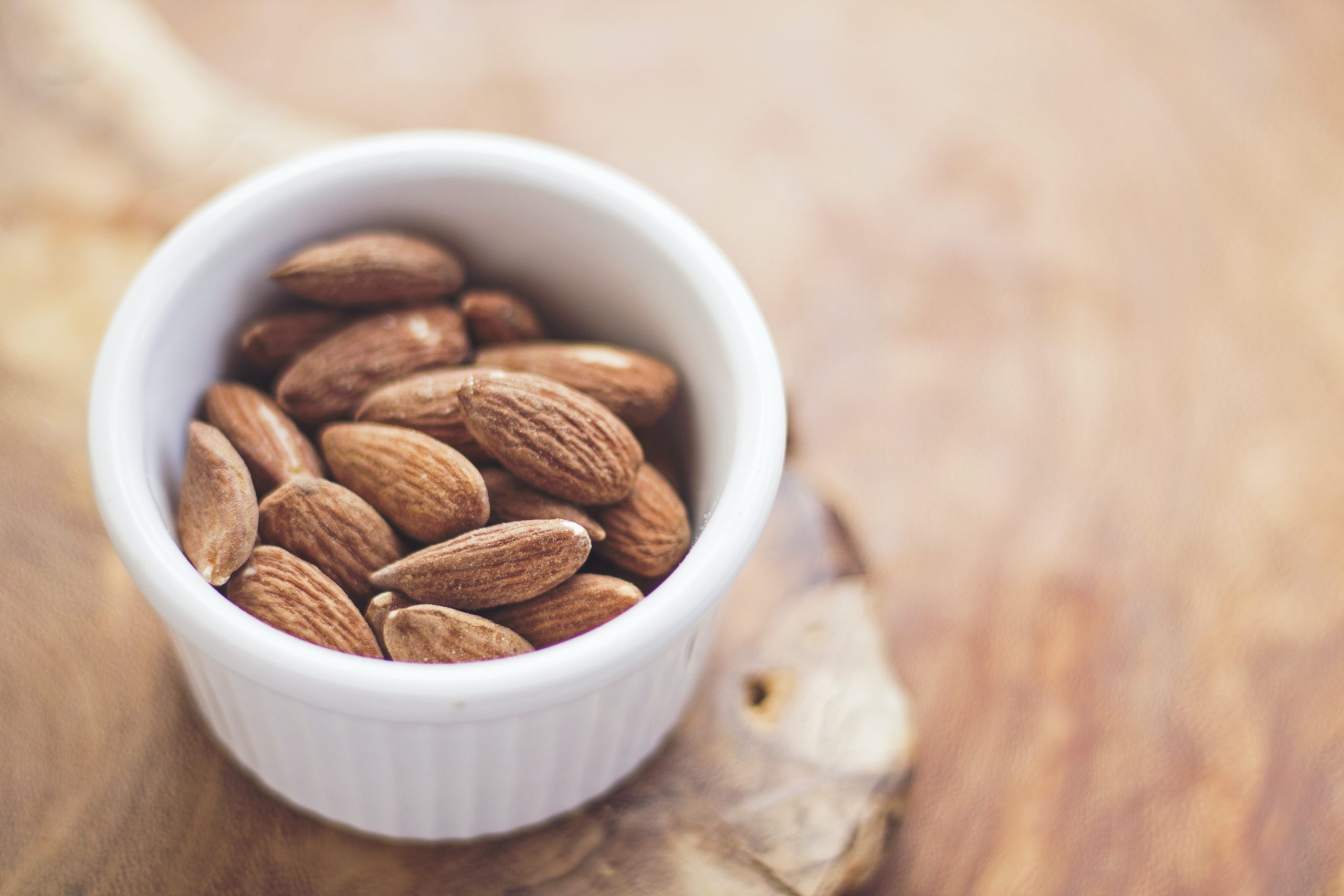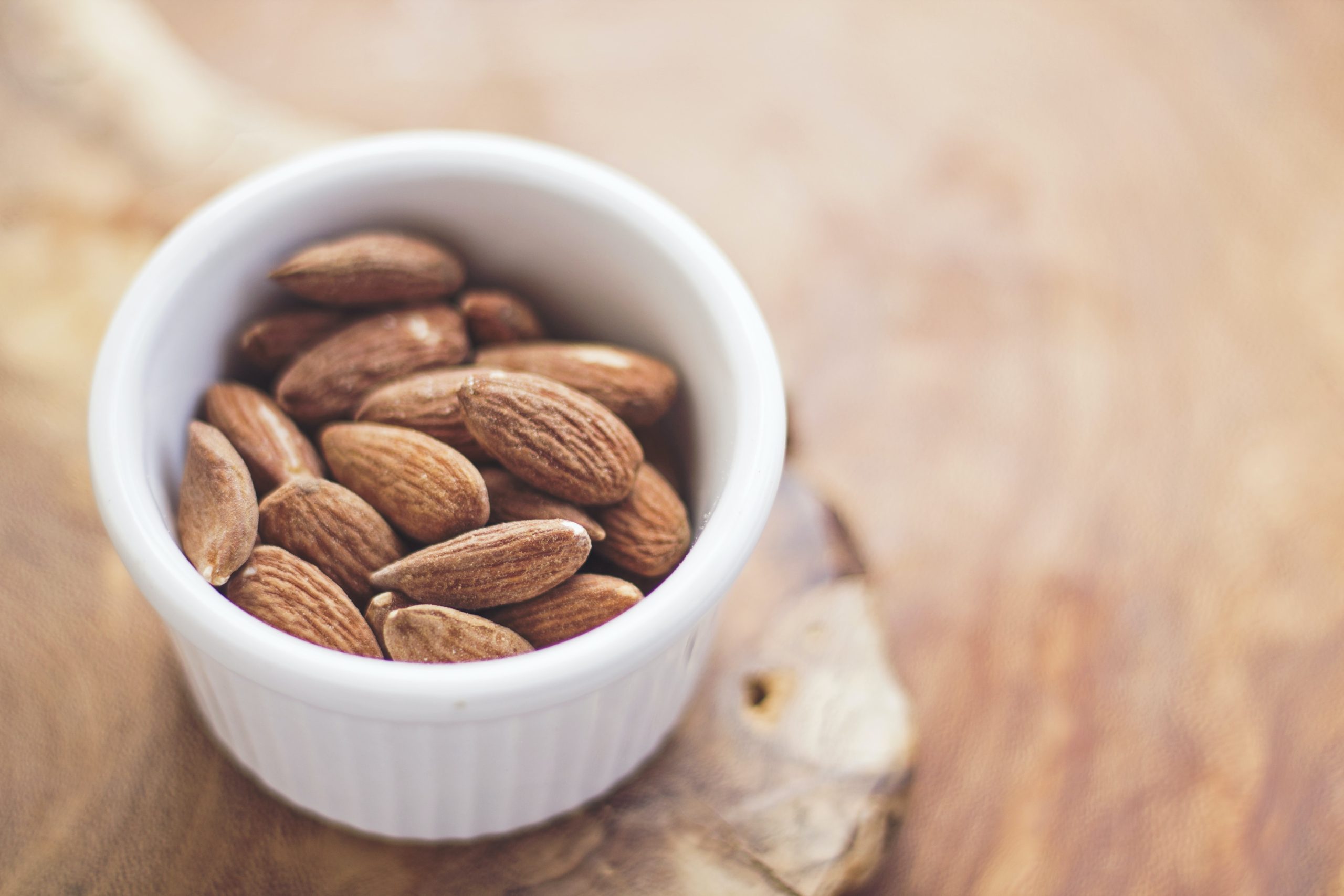If you’re looking to attract and support birds of prey like falcons, you’ll want to provide them with the right nutrition. In this article, we’ll explore the top three meat-based foods that are perfect for these magnificent birds. Whether you have an interest in birding or simply want to appreciate these majestic creatures from your backyard, understanding their dietary needs is crucial. We’ll discuss the importance of feeding them a balanced diet and recommend some high-quality bird food brands that specialize in meat-based offerings. So, get ready to learn about the top choices for falcon feeding and discover how you can help these birds thrive in their natural habitat.
Understanding Raptors’ Dietary Needs
The basics of raptor nutrition
As a falcon owner, it is important to understand the dietary needs of your feathered friend. Raptors, or birds of prey, have specific nutritional requirements that differ from other avian species. These magnificent birds primarily consume meat, as their bodies are adapted for catching and consuming live prey. It is crucial to provide them with a balanced and varied diet to ensure their optimal health and well-being.
Role of protein in birds of prey diet
Protein plays a vital role in the diet of birds of prey. These birds are carnivorous and need high levels of protein to maintain their strength and energy. Protein is essential for muscle development and repair, bone growth, and proper functioning of the immune system. It is crucial to provide your falcon with a diet that is rich in high-quality protein sources to meet their specific dietary requirements.
Importance of variety in their diet
Offering a diverse range of food options is essential for the well-being of your falcon. While certain meats may be the primary component of their diet, it is important to include other sources of nutrition as well. Different prey animals provide varying levels of essential nutrients, vitamins, and minerals. By incorporating a variety of food options, you can ensure that your falcon receives a well-rounded and balanced diet.
Top Meat-Based Food For Falcons: Mice
Nutritional value of mice
Mice are an excellent meat-based food option for falcons due to their high nutritional value. They are a rich source of protein, which is essential for the growth and maintenance of your bird’s muscles and feathers. Mice also provide essential vitamins and minerals, such as calcium, iron, and vitamin A, which are necessary for your falcon’s overall health and well-being.
Benefits of feeding mice to falcons
Feeding mice to your falcon offers several benefits. Firstly, mice closely resemble the type of prey that falcons would catch in the wild, allowing them to exercise their natural hunting instincts. This helps to keep them mentally stimulated and prevents boredom. Additionally, mice provide a convenient and readily available source of nutrition, making them an ideal option for falcon owners.
Risks and drawbacks of feeding mice
While mice are a suitable food option for falcons, there are some risks and drawbacks to consider. One potential risk is the possibility of parasites or diseases that mice may carry. It is essential to source mice from reputable suppliers to minimize this risk. Additionally, mice can be relatively small in size, and it may be necessary to feed multiple mice to provide adequate nutrition, depending on the size and dietary requirements of your falcon.
Where to purchase
When purchasing mice as a food source for your falcon, it is important to choose a reputable supplier. Many specialized bird food stores and falconry shops offer frozen mice specifically for raptors. These stores ensure that the mice are of high quality and free from any potential health risks. Online retailers that specialize in bird of prey supplies can also be a reliable source for purchasing mice.

Top Meat-Based Food For Falcons: Quails
Nutritional value of quails
Quails are another excellent meat-based food option for falcons. They offer a range of essential nutrients and are highly beneficial for your bird’s overall health. Quails are a great source of protein, vitamins, and minerals such as vitamin B12, iron, and zinc. They also provide a natural source of taurine, an amino acid necessary for heart health.
Benefits of feeding quails to falcons
Feeding quails to your falcon comes with several advantages. Firstly, quails are larger than mice, providing a more significant meal for your bird. This can help ensure that they receive adequate nutrition without the need for multiple feedings. Additionally, quails offer a different taste and texture compared to other meat-based options, providing variety to your falcon’s diet and potentially reducing the risk of picky eating tendencies.
Risks and drawbacks of feeding quails
When considering quails as a food source for your falcon, it is essential to be aware of a few drawbacks. Quails can be more expensive than other meat options due to their larger size. It is also crucial to ensure that the quails you purchase are of high quality and free from any potential contaminants or diseases. Proper storage and handling are necessary to maintain their freshness and nutritional value.
Where to purchase
Quails can be purchased from various sources, including specialty bird food stores, falconry shops, and online retailers. Just like with mice, it is important to choose reputable suppliers who ensure the quality and safety of the quails. These suppliers typically offer frozen quails that are specially prepared for raptors, making them a convenient and reliable option for falcon owners.
Top Meat-Based Food For Falcons: Chicken
Nutritional value of chicken
Chicken is a popular meat-based food option for falcons due to its nutritional value. It is rich in protein and contains essential amino acids that promote muscle growth and overall health. Chicken also provides vitamins and minerals, including vitamin B6, niacin, and selenium, which are necessary for maintaining your falcon’s energy levels, immune system, and proper feather growth.
Benefits of feeding chicken to falcons
Feeding chicken to your falcon offers several benefits. Firstly, chicken is widely available and relatively affordable, making it a convenient choice for many falcon owners. Additionally, chicken can be easily prepared and portioned to suit your bird’s dietary needs. Its versatility allows for various cooking methods, ensuring that your falcon receives a varied and enjoyable diet.
Risks and drawbacks of feeding chicken
While chicken is generally considered a safe and appropriate food option for falcons, there are a few drawbacks to consider. Some chickens may be treated with antibiotics or hormones, which can have potential health implications for your bird. It is important to choose high-quality chicken from reputable sources to minimize these risks. Additionally, chicken should be prepared without any seasonings or additives that may be harmful to your falcon.
Where to purchase
Chicken can be purchased from local grocery stores and butcher shops. It is important to choose organic or free-range chicken whenever possible to ensure that your falcon receives the highest quality meat without unnecessary additives. Online retailers that specialize in bird of prey supplies may also offer frozen chicken specifically prepared for raptors, providing a convenient and reliable option for acquiring this meat-based food.

Preparation and Feeding Process
Proper food preparation
When preparing food for your falcon, it is crucial to follow proper hygiene practices to ensure food safety. Thaw frozen meat thoroughly before feeding and avoid refreezing meat once it has been thawed. Cutting the meat into appropriate portions for your bird’s size and dietary needs can help prevent overfeeding or wastage. It is also important to provide fresh water alongside their meals to ensure hydration.
Teaching your raptor to hunt
For falcons that are not hunting in the wild, it is necessary to teach them how to catch their own prey. This process, known as falconry, takes time and patience. Working with an experienced falconer or joining a falconry club can provide guidance on the training process. Teaching your falcon to hunt allows them to exercise their natural instincts and ensures a more enriched and mentally stimulated diet.
Methods of food presentation
The way you present food to your falcon can impact their interest and willingness to consume it. Some falcon owners choose to hand feed their birds as a way to build trust and strengthen the bond between them. Others prefer using specialized feeding equipment, such as falconry hoods or gloves, to mimic the natural hunting experience. Experimenting with different presentation methods can help stimulate your falcon’s interest and prevent boredom.
Monitoring Your Falcon’s Health and Nutrition
Signs of a balanced diet
Monitoring your falcon’s health and nutrition is essential for their overall well-being. A balanced diet is reflected in a variety of ways, including strong feathers, clear and bright eyes, healthy skin, and a good body weight. Regular observation and awareness of any changes in their physical appearance or behavior can help identify if their diet is meeting their nutritional needs appropriately.
Symptoms of poor nutrition
Poor nutrition can lead to various health issues in falcons. Some common symptoms associated with inadequate nutrition include poor feather quality, weight loss or gain, sluggishness, decreased energy levels, and increased susceptibility to illness or infection. If you notice any of these symptoms, it is important to consult with a veterinarian experienced in avian health to assess and address any dietary deficiencies.
Regular veterinary checks
Regular veterinary check-ups are crucial to ensure the overall health and well-being of your falcon. During these visits, the vet can assess your bird’s body condition, perform any necessary blood work, and provide recommendations on their diet and nutritional needs. They can also offer guidance on any specific supplements that may be beneficial to your falcon’s health.
Understanding Commercial Bird Foods
Ingredients to look for
Commercial bird foods can provide a convenient and reliable source of nutrition for your falcon. It is important to choose brands that prioritize quality and use high-quality ingredients. Look for products that contain a variety of meats, such as chicken, quail, or mice, as well as added vitamins and minerals. Avoid products that contain artificial additives, fillers, or excessive amounts of preservatives.
Commercial bird food brands
Several reputable brands specialize in producing commercial bird foods for falcons and raptors. Some notable brands include Kaytee, Perky-Pet, Droll Yankees, Wagner’s, Brome Bird Care, and Wild Delight. These brands offer a wide range of bird food products that cater specifically to the nutritional needs of birds of prey.
Reading and understanding bird food labels
When purchasing commercial bird foods, it is important to read and understand the labels. Look for labels that provide detailed information on the ingredients, nutritional content, and feeding guidelines. Understanding the composition and nutritional value of the product can help you make informed decisions and ensure that your falcon’s dietary needs are being met.
Significance of Supplements in Birds of Prey Diet
Importance of supplements
Supplements can play a valuable role in meeting the specific nutritional needs of your falcon. While a varied and balanced diet is the foundation of their nutrition, supplements can offer additional support. They can help address any potential dietary deficiencies and provide essential vitamins and minerals that may be lacking in the primary food sources.
Commonly used supplements
Some commonly used supplements for birds of prey include calcium supplements, vitamins A and E, and omega-3 fatty acids. Calcium supplements can help maintain strong bones and prevent disorders such as metabolic bone disease. Vitamins A and E are important for maintaining healthy feathers, while omega-3 fatty acids contribute to overall heart and brain health.
Risks and drawbacks of over-supplementation
While supplements can be beneficial, it is important to avoid over-supplementation. Too much of certain vitamins and minerals can be harmful to your falcon’s health. It is crucial to consult with a veterinarian experienced in avian health to determine the appropriate supplements and dosages for your specific bird, ensuring that they receive the necessary nutrients without any potential risks.
Food Safety Considerations
Proper storage of meat-based foods
Proper storage of meat-based foods is essential to prevent spoilage and maintain their nutritional value. Frozen meat should be stored at or below 0°F (-18°C) to prevent bacterial growth. It is important to follow the storage instructions provided by the supplier and ensure that the meat is stored in airtight packaging to prevent freezer burns and contamination.
Ensuring freshness and quality
When feeding your falcon meat-based foods, it is crucial to ensure their freshness and quality. Thawed meat should be used within a safe timeframe to avoid any potential spoilage. It is recommended to use meat within 24-48 hours of thawing. Inspecting the meat for any signs of discoloration, unpleasant odors, or abnormal texture can help ensure that it is fresh and suitable for consumption.
Avoiding contamination risks
To minimize the risk of contamination, it is important to handle meat-based foods with proper hygiene practices. This includes washing hands thoroughly before and after handling food, using clean utensils and cutting boards, and avoiding cross-contamination between raw and cooked foods. It is also important to clean and sanitize feeding equipment regularly to prevent the buildup of harmful bacteria.
Overcoming Feeding Difficulties
Dealing with picky eaters
Some falcons may exhibit picky eating tendencies, making it challenging to provide them with a balanced diet. To overcome this, gradually introduce new foods by mixing them with familiar foods and gradually increasing the proportion. Providing food in different textures and presentations may also help stimulate their interest. Working with an experienced falconer or consulting a veterinarian can provide additional guidance on managing picky eaters.
Addressing feeding behavior issues
Feeding behavior issues such as aggression or fear towards food can also arise in falcons. If your bird displays such behaviors, it is essential to identify the underlying causes and address them accordingly. This may involve seeking assistance from a professional falconer or avian behaviorist to address any behavioral or psychological issues affecting their feeding habits.
Techniques to introduce new foods
Introducing new foods to your falcon’s diet should be done gradually to minimize any potential digestive upsets. Mixing small amounts of the new food with their current diet and gradually increasing the proportion can help them acclimate to new flavors and textures. Offering the new food in different presentations, such as chopped or shredded, may also increase the chances of acceptance. Patience and persistence are key when introducing new foods to your falcon.
In conclusion, understanding the dietary needs of your falcon is crucial for their overall health and well-being. Providing a balanced and varied diet that includes high-quality meat-based foods, such as mice, quails, and chicken, is essential. Proper food preparation, monitoring their health, and considering the use of supplements can further support their nutrition. By following these guidelines and techniques, you can ensure that your falcon enjoys a nutritious and fulfilling diet.

